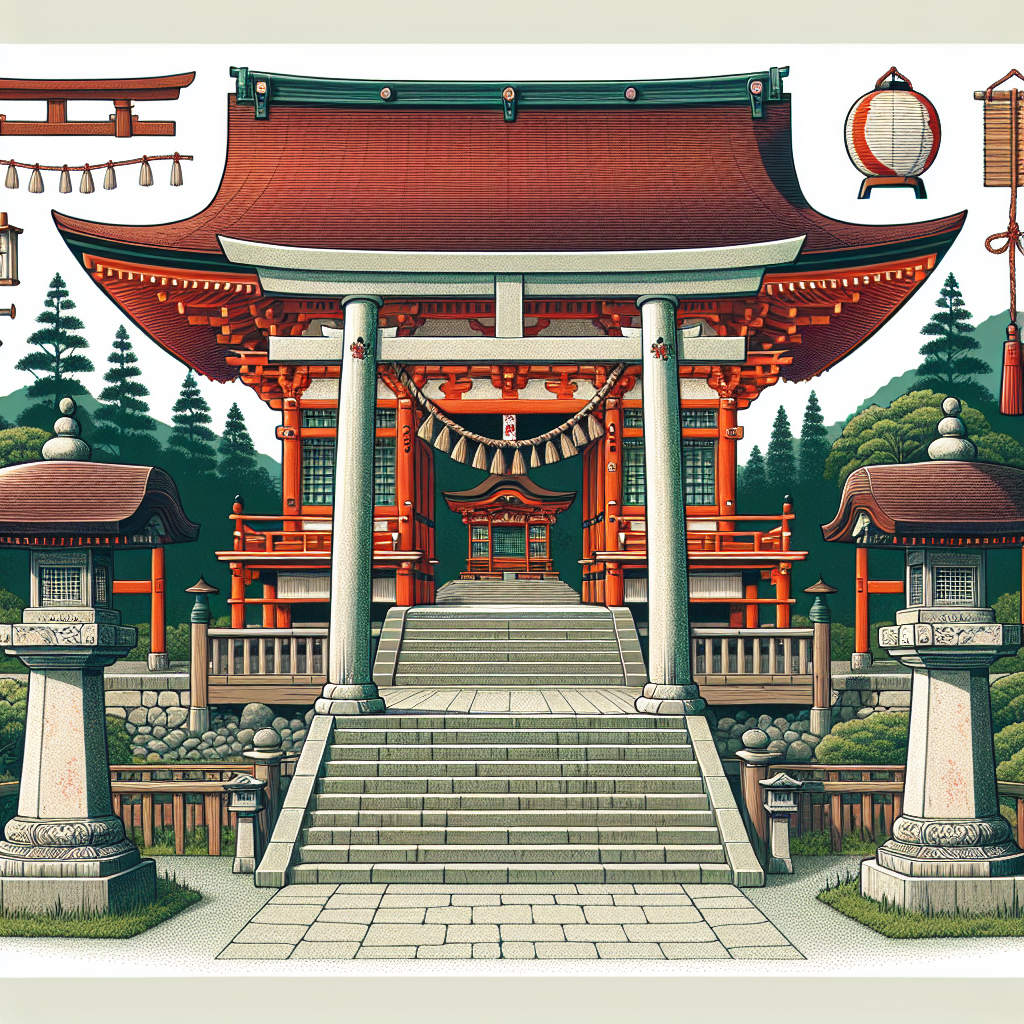Japan's Yasukuni Shrine Visit Sparks Controversy
Japan commemorated its World War II defeat with visits by senior cabinet ministers to the contentious Yasukuni Shrine, igniting backlash from neighboring nations. The shrine honors both fallen soldiers and convicted war criminals. The visits coincide with recent efforts by Japan and South Korea to strengthen ties with the U.S.

Japan marked the anniversary of its World War II defeat on Thursday with visits by at least three cabinet ministers to the controversial Yasukuni Shrine, seen by other Asian nations as a symbol of the country's wartime aggression. Defense Minister Minoru Kihara, Economic Security Minister Sanae Takaichi, and Economic Revitalisation Chief Yoshitaka Shindo made appearances at the Tokyo shrine.
Among the 2.5 million war dead honoured at the shrine are fourteen prominent convicted war criminals, including wartime Prime Minister Hideki Tojo. Kihara expressed his 'heartfelt condolences' to all who 'sacrificed their precious lives,' as televised comments showed.
These visits are the first by senior officials since Japanese Prime Minister Fumio Kishida and South Korean President Yoon Suk Yeol agreed with U.S. President Joe Biden to pursue deeper security ties. 'I understand that all of them visited the shrine in their private capacity,' Japan's top spokesperson, Yoshimasa Hayashi, said at a press conference.
'It is natural for any nation to pay respect to those who have given their lives for their country.' However, South Korea and China perceive the shrine as a focus for conservatives who seek to downplay Japan's wartime actions. South Korea's foreign ministry urged Japanese leaders to 'face history with humble reflection,' while China's foreign ministry criticized the visits.
Established in 1869, the Yasukuni Shrine commemorates all war dead, not just those blamed for waging war. 'We can live happily now because our ancestors fought in the war,' said Yuka Watanabe, a visitor to the shrine. Prime Minister Kishida, who plans to step down in September, sent an offering instead of visiting. No serving Japanese prime minister has visited Yasukuni since Shinzo Abe in 2013.
(With inputs from agencies.)
ALSO READ
Unveiling History: Bhagat Singh Gallery Opens to Public
Virginia Man's Explosive Stockpile: Largest FBI Seizure in History
150 Years of Muzaffarpur: A Journey Through History and Heritage
Largest Seizure of Explosive Devices in FBI History Uncovered in Virginia
Honoring History: CM Soren Pays Tribute to 1948 Kharsawan Massacre Martyrs










